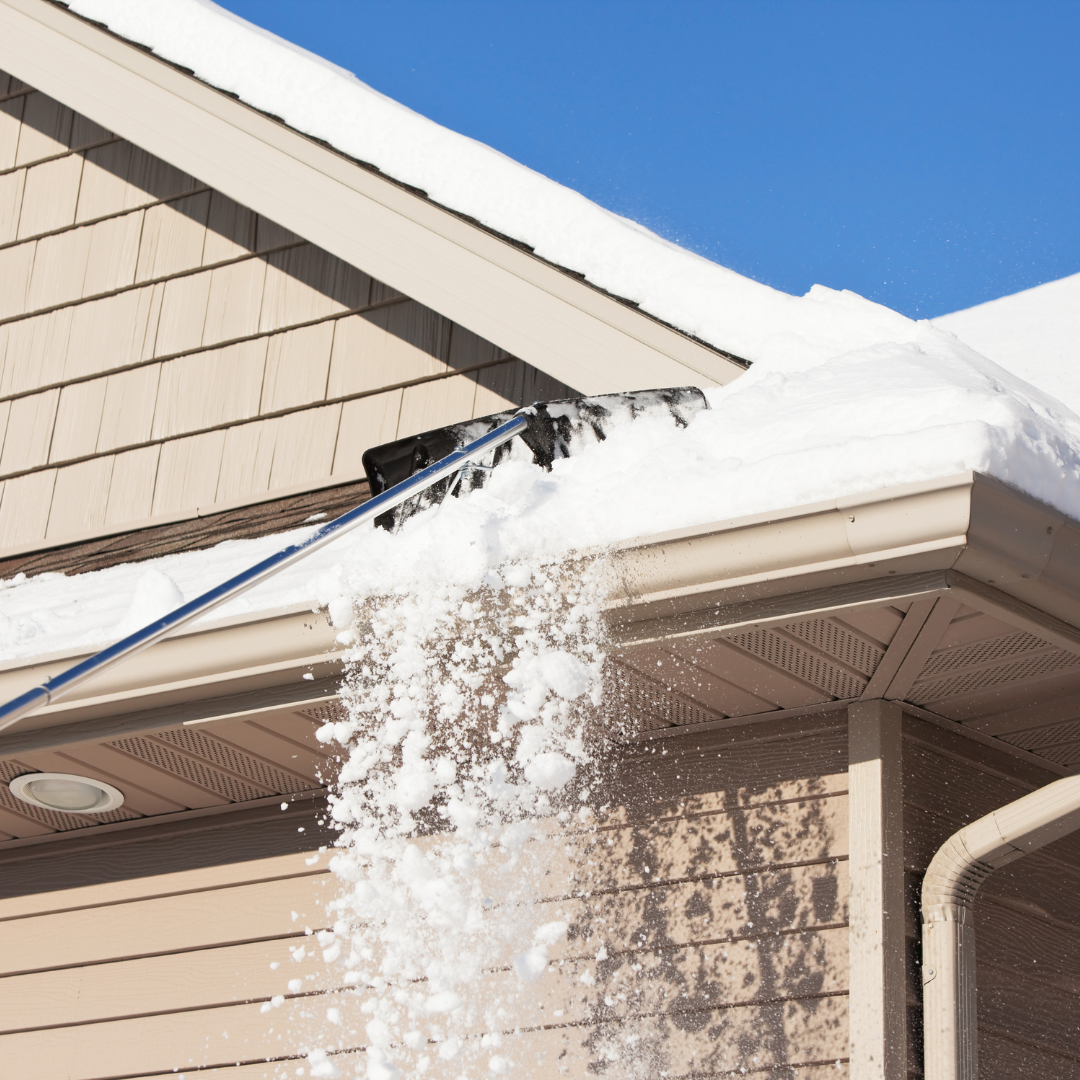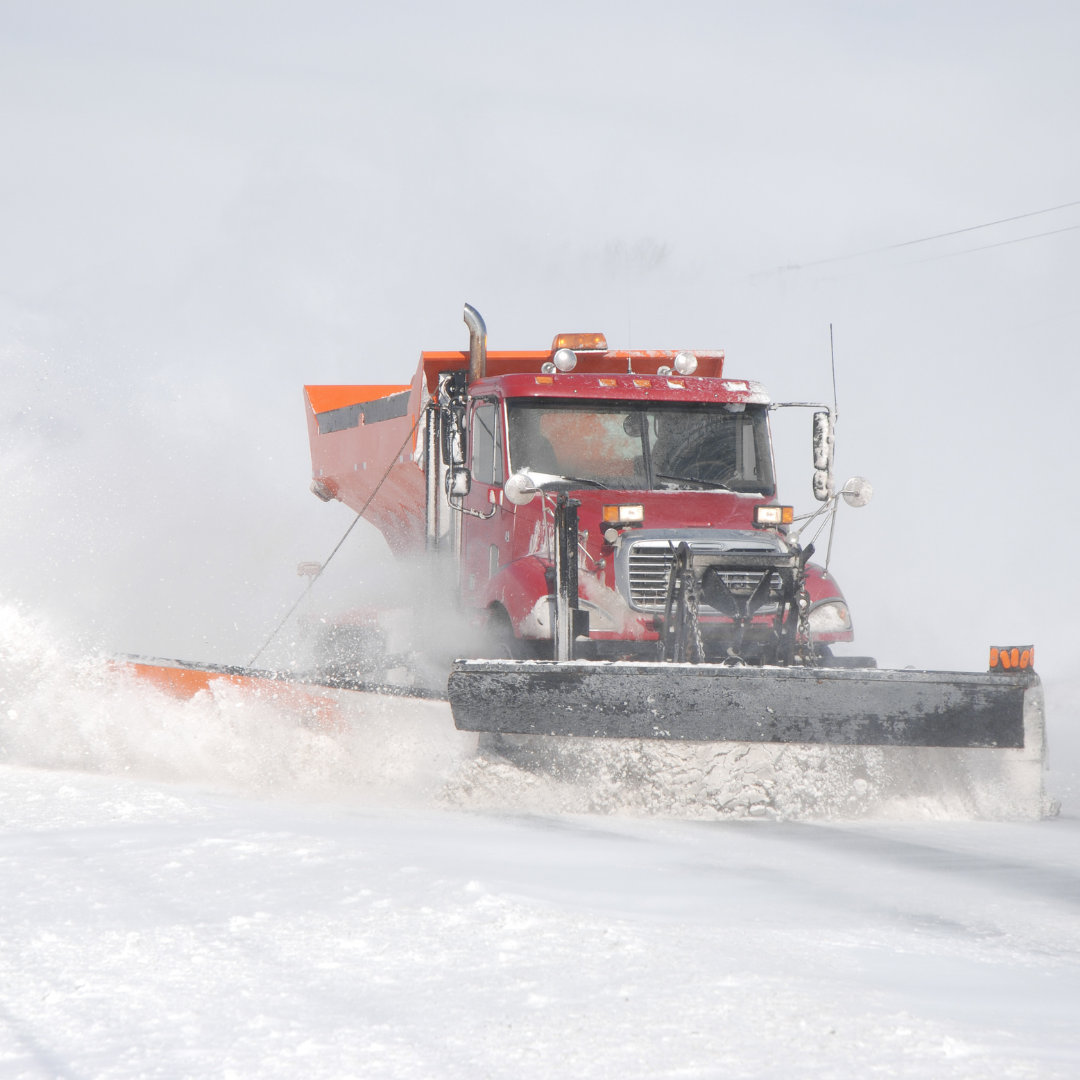
Winter in Detroit can be harsh, and your home’s plumbing system is especially vulnerable to freezing temperatures. Frozen pipes, leaks, and other plumbing issues can quickly turn into expensive repairs if not addressed in time. Fortunately, with a few budget-friendly tips and a little preparation, you can protect your plumbing system and avoid unnecessary headaches this winter. Here’s how you can keep your home’s plumbing in top shape without breaking the bank.
1. Insulate Exposed Pipes
One of the simplest ways to protect your pipes from freezing is to insulate any exposed pipes in unheated areas like the basement, attic, or garage. Insulation sleeves are inexpensive, easy to install, and provide an extra layer of protection against freezing temperatures. This small investment can save you from the hassle and cost of burst pipes later on.
2. Let Faucets Drip
During extreme cold spells, letting your faucets drip slightly can prevent pipes from freezing. The small trickle of water helps relieve pressure in the pipes, reducing the risk of a burst. This is particularly effective for faucets connected to exterior walls. The minimal water use is a small price to pay compared to the damage a frozen pipe can cause.

3. Seal Gaps and Cracks
Cold air can seep into your home through gaps and cracks around doors, windows, and the foundation, potentially freezing nearby pipes. Seal these openings with caulk or weatherstripping to keep cold air out. This not only protects your plumbing but also makes your home more energy-efficient, saving you money on heating costs.
4. Keep the Heat On
If you’re planning to be away during winter, set your thermostat to at least 55°F to prevent pipes from freezing. Maintaining a steady, low level of heat ensures that water keeps flowing and pipes stay warm. It’s a simple step that can save you from coming home to an expensive plumbing disaster.
5. Disconnect and Drain Outdoor Hoses
Before the first freeze, disconnect and drain all outdoor hoses. Leaving hoses connected can cause the water inside to freeze and expand, which may lead to damaged faucets and pipes. If possible, shut off the water supply to outdoor faucets to prevent freezing. This easy task can prevent unnecessary damage and repairs in the long run.

6. Install Pipe Sleeves or Heat Tape
For pipes located in unheated areas or exterior walls, consider using pipe sleeves or heat tape for added protection. Pipe sleeves provide insulation, while heat tape generates warmth, preventing pipes from freezing even in the coldest weather. Both options are affordable and can be found at most hardware stores, making them a worthwhile investment.
7. Know How to Shut Off the Water
In case of a burst pipe, knowing how to shut off your home’s main water supply can minimize damage. Locate the shut-off valve ahead of time and ensure everyone in your household knows where it is and how to use it. This simple preparedness step can save you from extensive water damage if an emergency arises.

8. Check for Leaks Regularly
Small leaks can worsen during the winter months, leading to bigger problems if left unaddressed. Regularly inspect your pipes for signs of leaks, such as damp spots, mold, or an unexpected increase in your water bill. Fixing leaks early on can prevent more significant and costly damage in the future.
9. Keep Cabinet Doors Open
Allow warm air to circulate around pipes in colder areas of your home by keeping cabinet doors open, especially under kitchen and bathroom sinks. This simple tip can prevent pipes from freezing, particularly on nights when temperatures plummet. It’s an easy way to keep your plumbing safe without spending a dime.
10. Invest in a Smart Water Leak Detector
Installing a smart water leak detector is a wise investment that can save you money in the long run. These devices can alert you to leaks in real-time, allowing you to address issues before they escalate. Place them near water heaters, washing machines, or areas prone to leaks. It’s a small investment that offers peace of mind throughout the winter.

Winterizing your plumbing system doesn’t have to be complicated or expensive. By following these budget-friendly tips, you can protect your home’s plumbing from freezing temperatures and avoid costly repairs. From insulating exposed pipes to using a smart water leak detector, these preventive measures will keep your plumbing system in top condition all winter long. Take action now and enjoy a worry-free winter, knowing your home is prepared for the cold.
.png)



.png)
